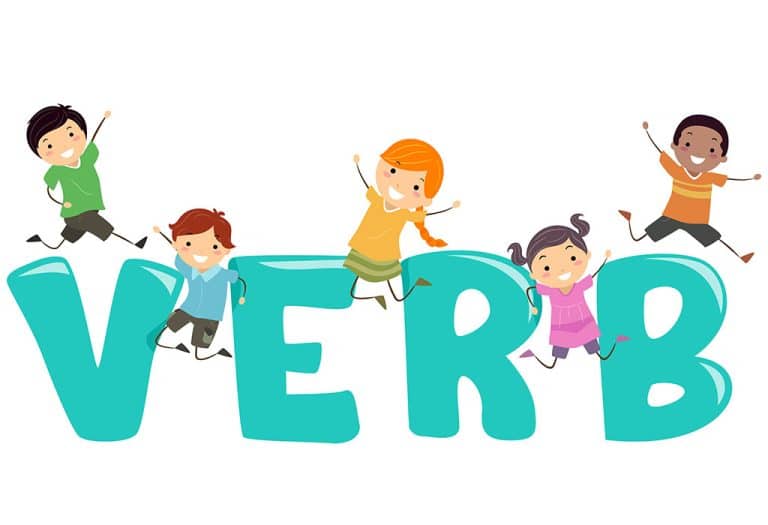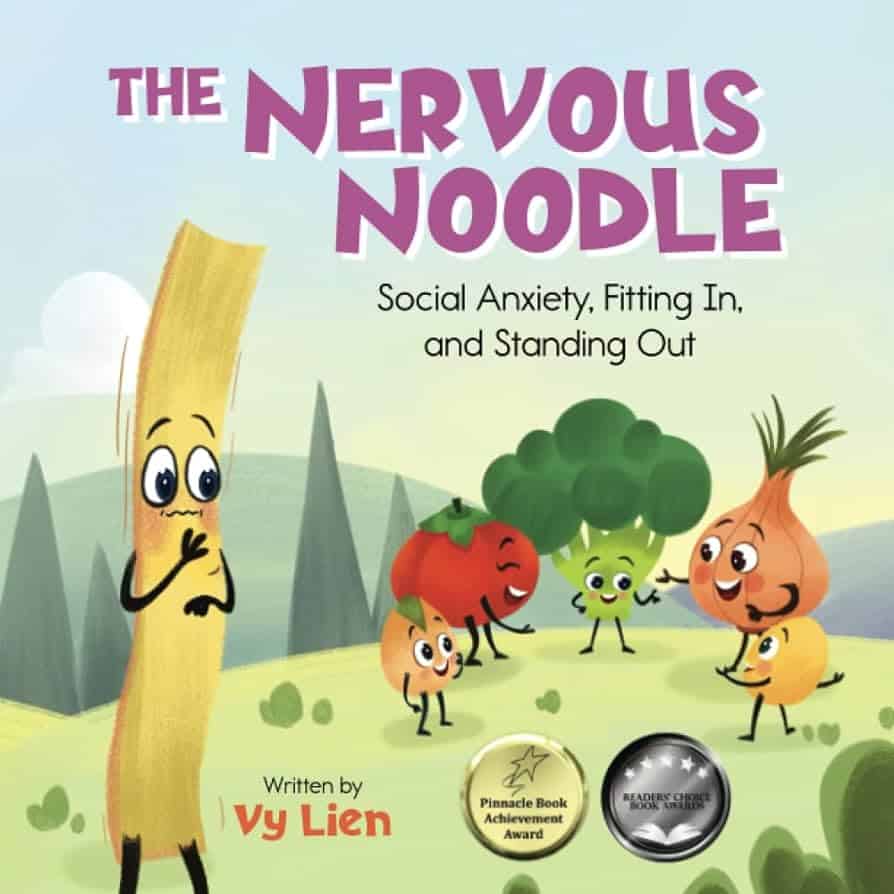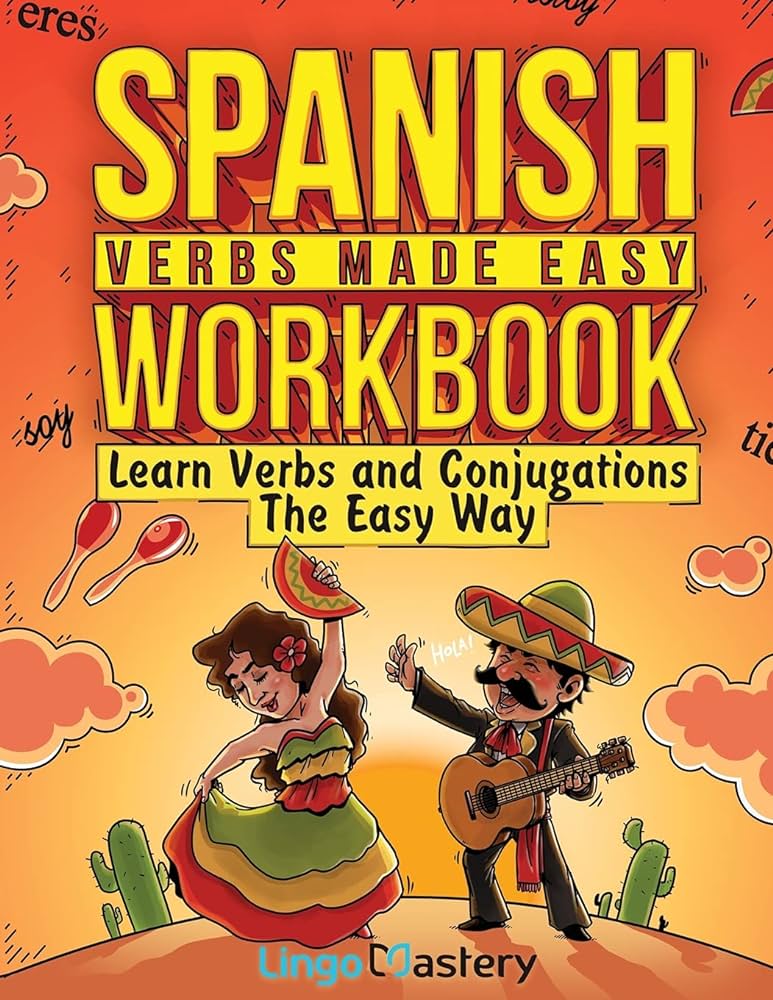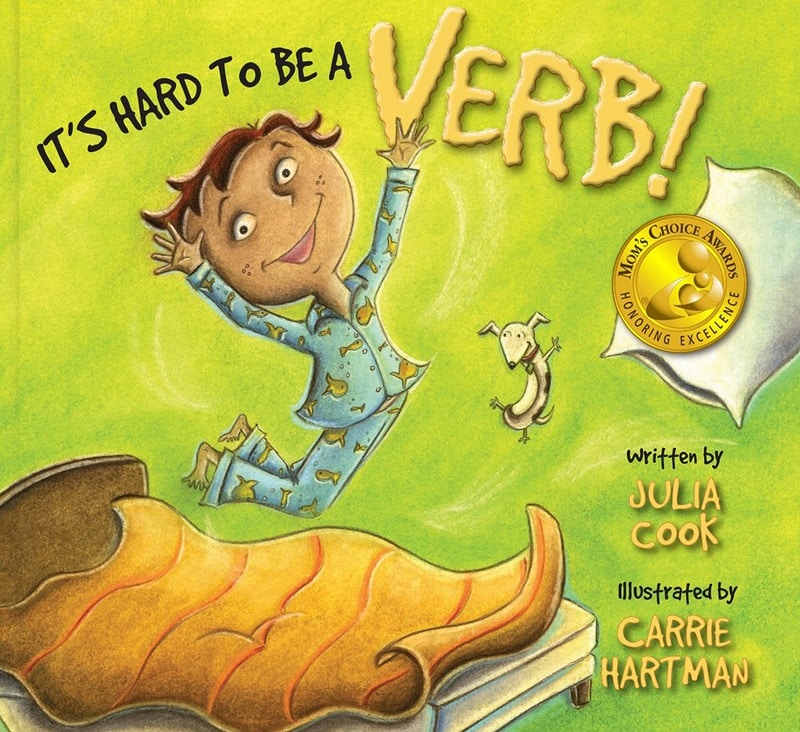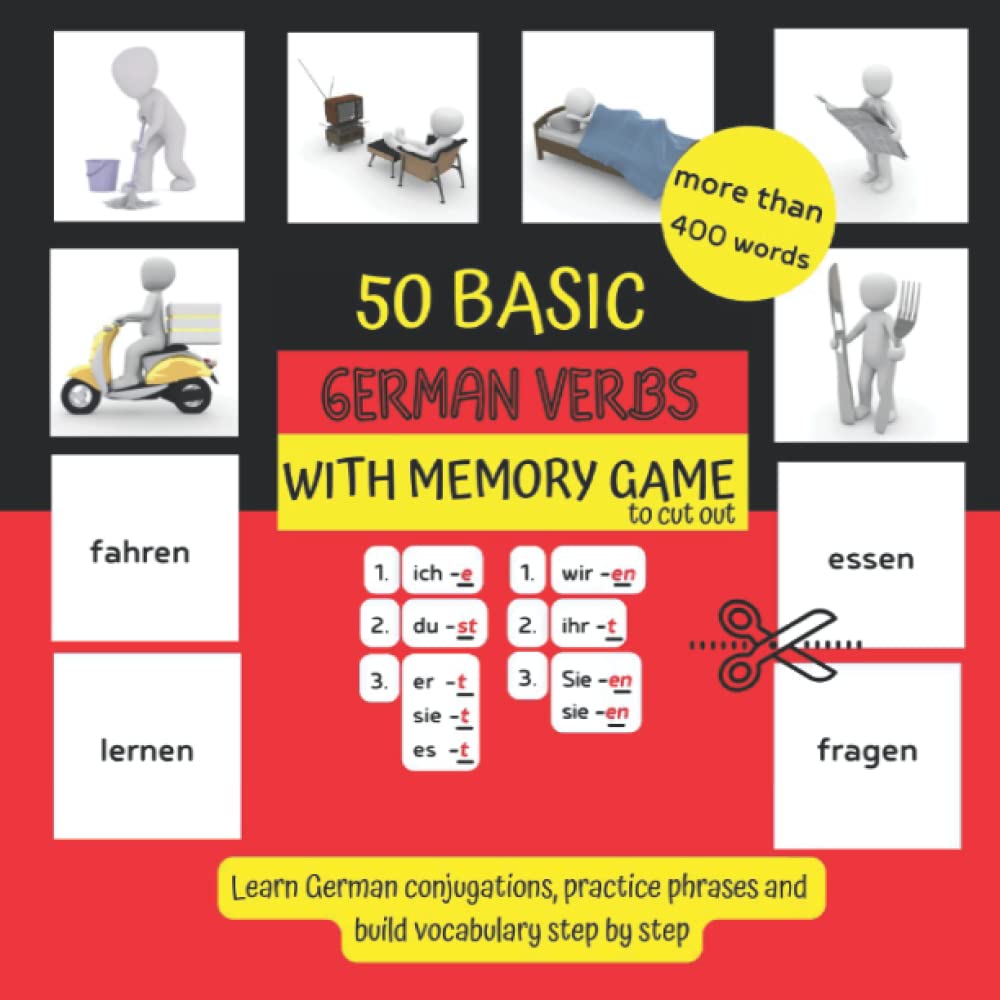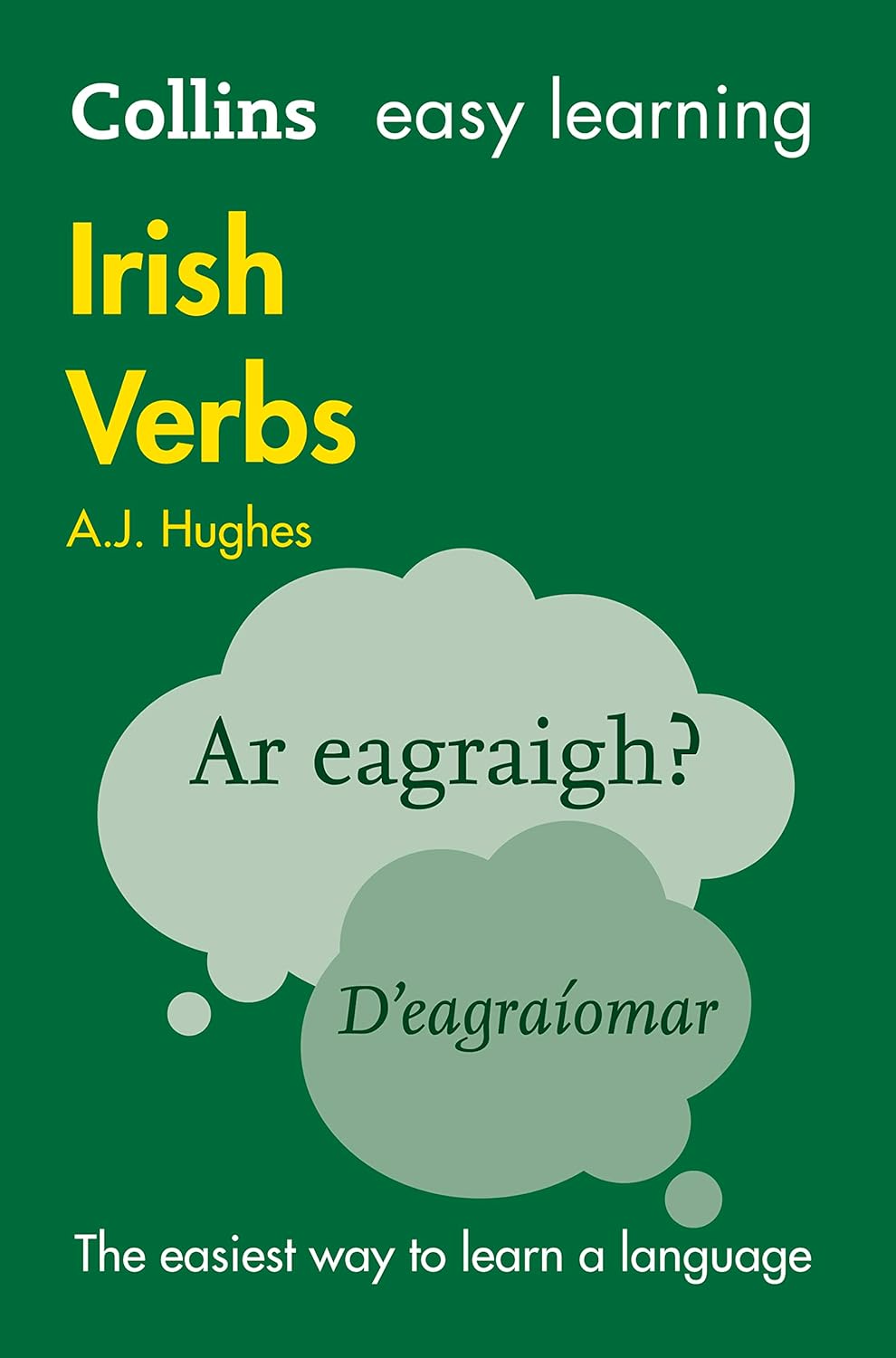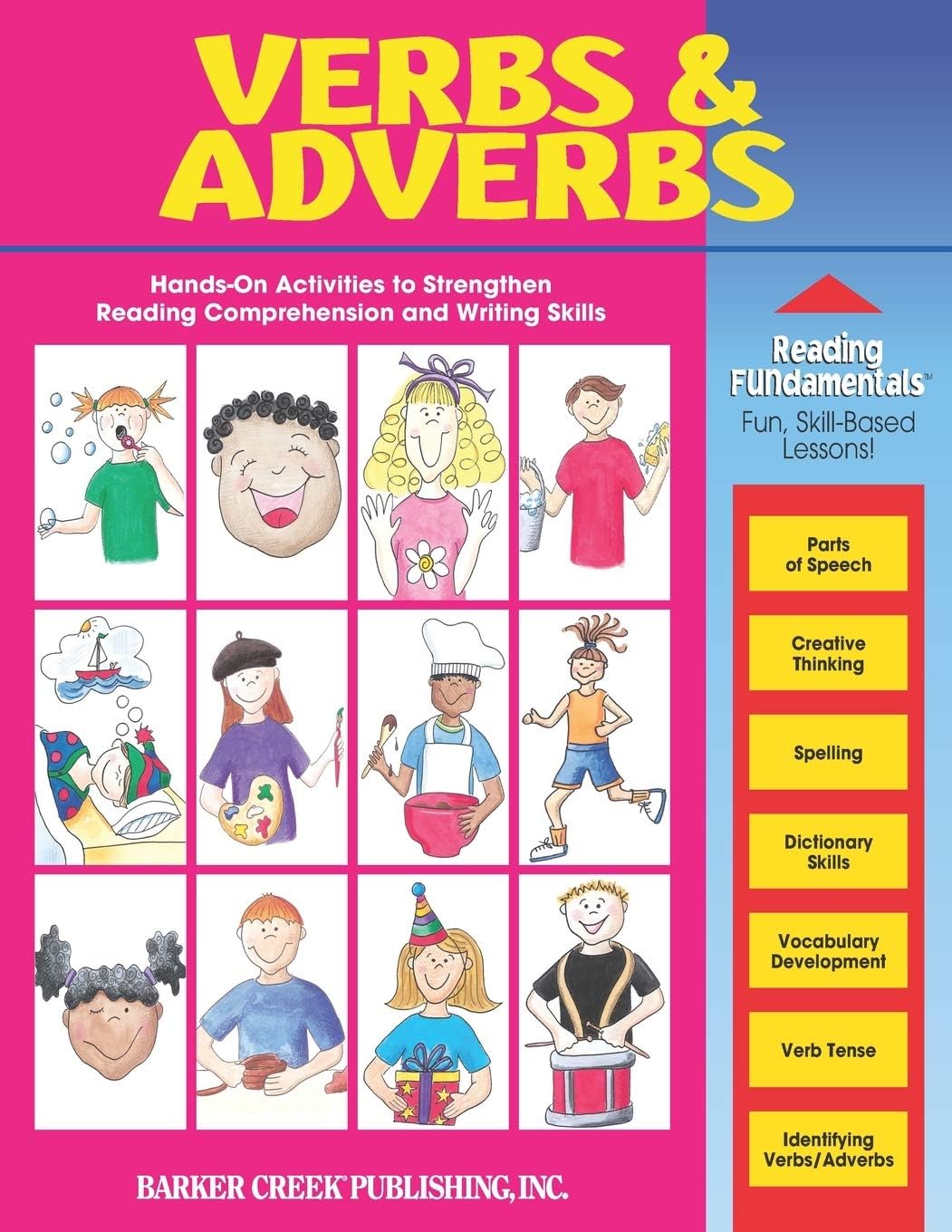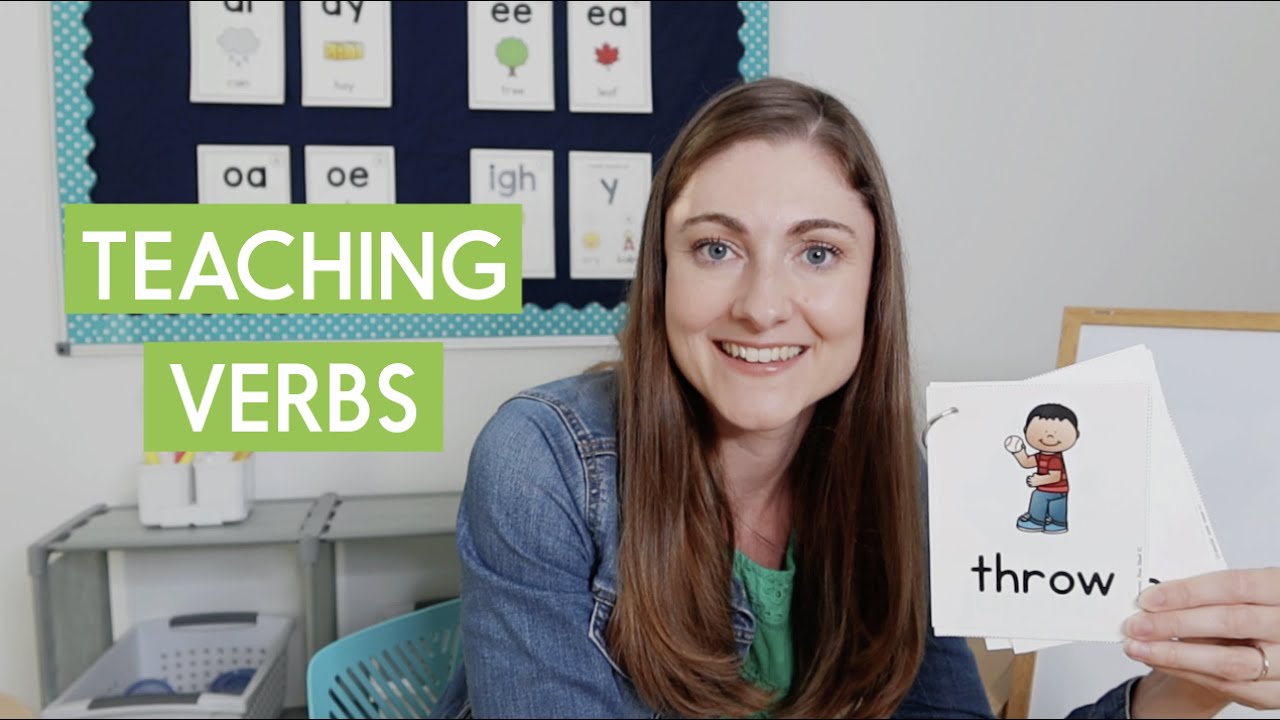How about teaching verbs to children? Well, it’s always a crucial part of their language development.
Verbs are the action words that bring sentences to life and allow children to express themselves more clearly. So, choosing the right resources is key to making this learning process engaging and effective.
Various websites like ABCmouse and Starfall have fun games that teach about verbs. The best part is that these games make learning verbs easy and enjoyable.
So always remember that keeping it fun and interactive helps kids understand verbs without any trouble.
In this guide, we’ll explore some of the best books on verbs for kids so that they can focus on the importance of this linguistic skill for their overall development.
Best Books for Teaching Verbs to Children
Multiple books are available to teach your children about the verb, but some of the best ones are listed to help them understand the basics.
Let’s explore the best picks!
1. The Nervous Noodle: Social Anxiety, Fitting In, And Standing Out
This Nervous Noodle is an amazing book! In this book, Nervous Noodle is a friendly character who faces challenges talking to people.
Vy Lien is a storyteller who talks about feeling nervous in social situations, trying to fit in, and why it’s okay to be yourself.
Through this, you can learn useful tips for handling social situations, welcoming your uniqueness, and beating nervous feelings.
It’s like a friendly helper for children who want to feel comfortable and confident in social places.
The story helps kids understand and be kind to others who may feel the same way.
2. Spanish Verbs Made Easy Workbook
This workbook is designed to make learning Spanish verbs easy and enjoyable. Lingo Mastery has created a helpful resource to assist you in learning Spanish verbs effortlessly.
The workbook provides practical exercises and activities to enhance your understanding of Spanish verbs, making learning fun and effective.
Whether you’re a beginner or looking to improve your skills, this workbook is tailored to make Spanish verbs accessible to all learners.
3. It’s Hard To Be A Verb Activity and Idea Book
Julia Cook’s activity and idea book, inspired by her popular work, “It’s Hard To Be A Verb,” offers simple sentences and engaging activities.
It is designed for children who creatively manage the challenges of participating actively.
The book’s interactive approach makes it an excellent resource for educators and parents looking to teach children about actions, responsibility, and involvement.
4. Victory Verbs: 10 Verbs That Lead to a Victorious Life
This book introduces strong words that can lead you to success. Elena M. Neely, in her book, talks about important actions that make life fulfilling and successful.
Using these words can increase your chances of success in different parts of life.
Elena M. Neely’s guide gives practical advice and a positive way to succeed.
5. 50 Basic German Verbs with Memory Game to Cut Out
This “50 Easy German Verbs with a Fun Memory Game” by Jane Owl helps you learn basic German verbs in a fun way. This memory game makes learning simple and fun!
Jane Owl created a helpful tool for beginners, ensuring you understand important German verbs and have fun doing it.
It adds a fun twist, making it easier to remember the verbs. So, forget boring memorization and welcome a fun language-learning experience.
6. Irish Verbs (Collins Easy Learning) (English and Irish Edition)
“Irish Verbs (Collins Easy Learning)” by Collins UK is a great help for people learning Irish. It makes understanding Irish verbs easy for beginners and more advanced learners.
The book is in English and Irish, so it’s easy to follow.
It uses simple and short sentences to explain Irish verbs. The book takes complicated grammar and breaks it into smaller, easy-to-understand parts.
This makes it perfect for learning on your own or in a class. If you’re starting or know a bit already, this Collins Easy Learning guide is for you.
It’s easy to use with clear examples, making learning Irish verbs fun and doable. No matter your level, this guide helps you get better at Irish, step by step.
7. Reading Fundamentals – Verbs and Adverbs
Don’t you think verbs are like the action heroes in sentences? For example, “The cat jumps,” “jumps” is the verb, telling us the cat is jumping.
Now, think of adverbs as verb sidekicks. They add details like how, when, or where. In “She sings beautifully,” “beautifully” is the adverb describing how she sings.
To get better at reading and writing, mix up verbs and adverbs. Instead of “The dog barks,” say “The excited dog barks loudly.”
So, enjoy playing with words to make your writing fun. Then, practice using different action words and describing words to make your sentences interesting.
Why Teaching Verbs to Children is Important?
Well, teaching verbs to children is essential because it is the engine of a sentence, driving the action and providing context to communication.
By mastering verbs, children enhance their ability to convey ideas, express emotions, and engage in meaningful conversations.
Additionally, a strong foundation in verbs helps improve writing skills, creativity, and comprehension. As children navigate different educational stages, a strong understanding of verbs becomes increasingly vital.
So, ensure your child is well aware of the basics of verbs from the beginning.
Summing It Up
Overall, teaching verbs to children is a foundational step in their language development journey. The above resources offer diverse approaches, from interactive books to online platforms and flashcards.
By including these materials in educational practices, parents and educators can create an amazing environment that develops a strong grasp of verbs in children.
Remember, the key is to make learning enjoyable, interesting, and enthusiastic for language exploration.
As children become more adept at using verbs, they gain a powerful tool for effective communication and self-expression.

